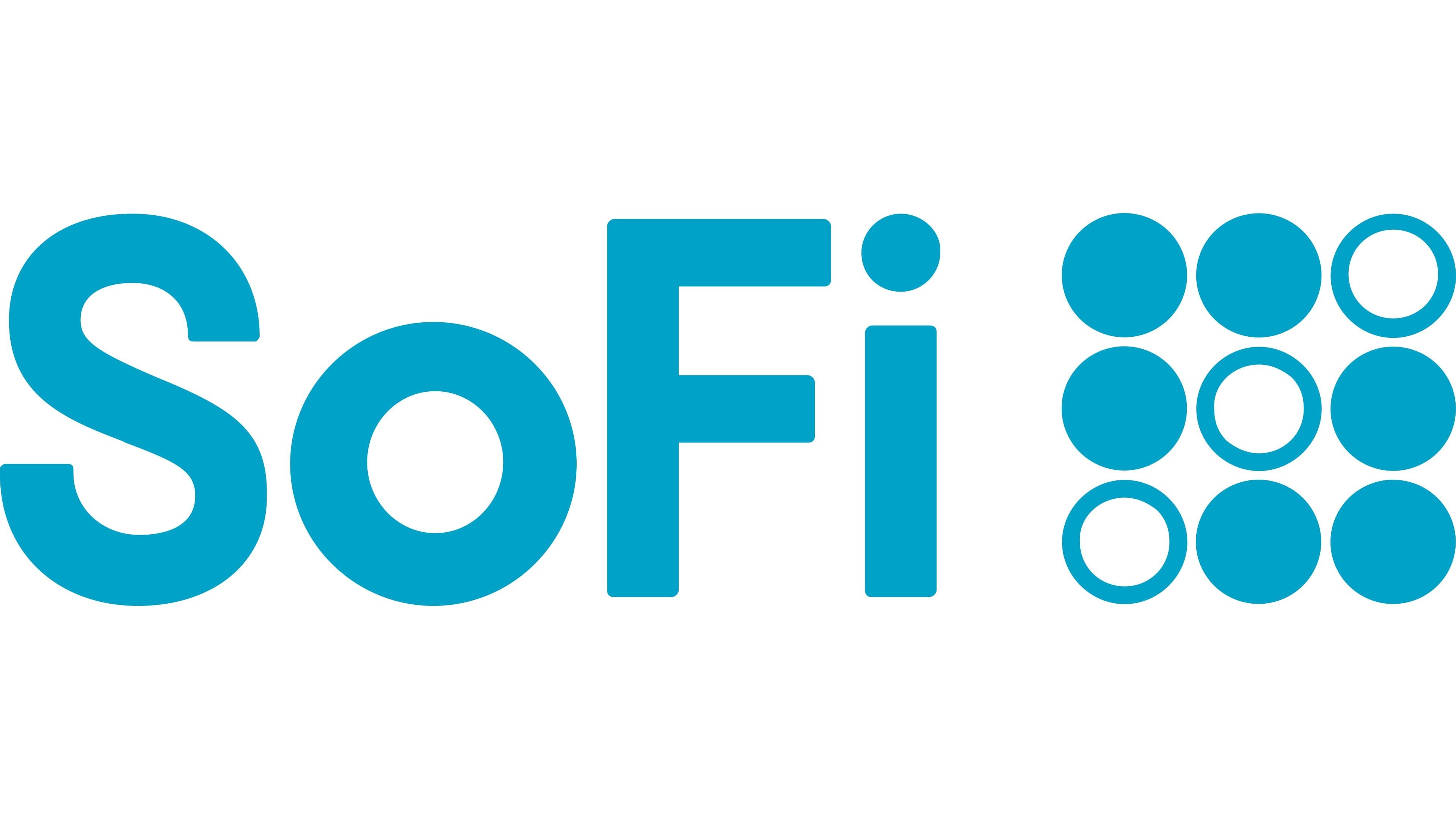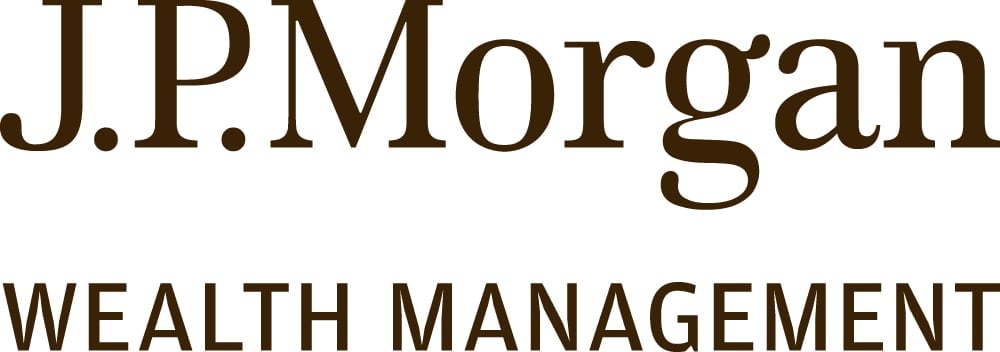DRIP Brokers: Best Brokers for Dividend Investing
+ 1 more
Many or all of the products on this page are from partners who compensate us when you click to or take an action on their website, but this does not influence our evaluations or ratings. Our opinions are our own.
The investing information provided on this page is for educational purposes only. NerdWallet, Inc. does not offer advisory or brokerage services, nor does it recommend or advise investors to buy or sell particular stocks, securities or other investments.
Why trust NerdWallet
Our deep, independent analysis of brokers sorts through key account details to find and evaluate the information investors want when choosing a brokerage firm. To see our full methodology and learn more about our process, read our criteria for evaluating brokers and for evaluating robo-advisors.
Over 60 investment account providers reviewed and rated by our expert Nerds.
More than 50 years of combined experience writing about finance and investing.
Hands-on testing of the account funding process, broker websites and stock-trading platforms.
Dozens of objective ratings rubrics, and strict guidelines to maintain editorial integrity.
Many people opt to invest in dividend stocks (either directly or through funds, like mutual funds or exchange-traded funds) because of the steady stream of income these companies pay. The regular dividend payments offer cash flow, and speed up the process of earning your initial investment back.
But maybe you don't currently need that cash flow — in which case, you might opt to reinvest those dividends. Many online brokers and companies make this easy by offering what's called a DRIP, or dividend reinvestment plan. These plans automatically reinvest dividends back into the stock or fund that paid that dividend. Over time, reinvesting dividends allows you to slowly invest more money by putting those dividends back to work. Dividend reinvestments also reduce the chance of holding idle cash in your brokerage account.
The brokers below all offer dividend investment plans, or DRIP plans, that automatically reinvest dividends. They also charge no commission, which means you won't pay to purchase those additional shares.
Note: Many public companies offer direct investment into DRIP plans without the use of a brokerage account, sometimes at a discount compared to the market price per share. It's worth investigating these options, but keep in mind that some charge fees that could wipe out any discount offered. They may also require an investment minimum. (Read more about the pros and cons of company DRIPs.)
DRIP Brokers: Best Brokers for Dividend Investing
| Broker | NerdWallet rating | Fees | Account minimum | Promotion | Learn more |
|---|---|---|---|---|---|
5.0/5 | $0 per trade for online U.S. stocks and ETFs | $0 | None no promotion available at this time | Learn moreon partner's site on Fidelity's website | |
4.6/5 | $0 per trade | $0 | Get up to $1,000 in stock when you open & fund a new Active Invest account. Terms & Conditions Apply. | Learn moreon partner's site on SoFi Invest®'s website | |
4.8/5 | $0 per online equity trade | $0 | Up to $500 when you make a qualifying net deposit | Learn moreon partner's site on Charles Schwab's website | |
4.5/5 | $0 per trade. Other fees apply. | $0 | Get up to $1,500 when you open and fund an E*TRADE brokerage account. Terms apply. | Learn moreon partner's site on E*TRADE's website | |
4.3/5 | $0 per trade | $0 | Up to $250 in Transfer Fee Rebates | Learn moreon partner's site on Firstrade's website |
- Learn moreon partner's siteon Fidelity's websiteNerdWallet rating5.0/5Learn moreon partner's siteon Fidelity's website
Fees
$0
per trade for online U.S. stocks and ETFs
Account minimum
$0
Promotion
None
no promotion available at this time
Our Take
ProsCommission-free stock, options and ETF online US trades.
Large selection of research providers.
Strong customer service.
Expense-ratio-free index funds.
Highly rated mobile app.
High interest rate on uninvested cash.
Great for investors who already have a 401(k) through Fidelity.
ConsRelatively high broker-assisted trade fee.
Why We Like It2026 Best-of Award winner: Fidelity is NerdWallet's pick for the best online broker for beginning investors and the best app for investing. Fidelity is one of the largest and most well-established brokerages, and it shows. Fidelity charges no trading commissions, offers an extensive set of no-fee, no-minimum index funds. It also stands out for its top-notch research tools, a renowned trading platform and very strong customer service.
- Learn moreon partner's siteon SoFi Invest®'s websiteNerdWallet rating4.6/5Learn moreon partner's siteon SoFi Invest®'s website
Fees
$0
per trade
Account minimum
$0
Promotion
Get up to $1,000
in stock when you open & fund a new Active Invest account. Terms & Conditions Apply.
Our Take
ProsNo commissions on stock, options and ETF trades.
IPO access.
1% IRA match for members.
ConsLow interest rate on uninvested cash.
Why We Like ItSoFi Active Investing's $0 trading commission, fractional shares and $0 account minimum are attractive to new investors. More advanced investors will appreciate the company's wide mutual fund selection and IPO access.
- Learn moreon partner's siteon Charles Schwab's websiteNerdWallet rating4.8/5Learn moreon partner's siteon Charles Schwab's website
Fees
$0
per online equity trade
Account minimum
$0
Promotion
Up to $500
when you make a qualifying net deposit
Our Take
ProsCommission-free stock, options and ETF trades.
Five trading platforms with no minimums or fees.
Access to thinkorswim platforms.
Extensive research offerings.
Large fund selection.
ConsLow interest rate on uninvested cash.
Why We Like It2026 Best-of Award winner: Charles Schwab is NerdWallet's pick for the best online broker for IRA investors. Charles Schwab has earned its strong reputation: The broker offers high-quality customer service, four free trading platforms, a wide selection of no-transaction-fee mutual funds and $0 commissions for stocks, ETFs and options.
- Learn moreon partner's siteon E*TRADE's websiteNerdWallet rating4.5/5Learn moreon partner's siteon E*TRADE's website
Fees
$0
per trade. Other fees apply.
Account minimum
$0
Promotion
Get up to $1,500
when you open and fund an E*TRADE brokerage account. Terms apply.
Our Take
ProsCommission-free stock, options and ETF trades.
Easy-to-use tools.
Strong customer support.
Volume discount on options contract fees.
ConsWebsite can be difficult to navigate.
Low interest rate on uninvested cash.
No fractional shares.
Why We Like ItE*TRADE from Morgan Stanley has long been one of the most popular online brokers. The company's $0 commissions and strong trading platforms appeal to active traders, while intermediate investors benefit from a large library of educational resources.
- Learn moreon partner's siteon Firstrade's websiteNerdWallet rating4.3/5Learn moreon partner's siteon Firstrade's website
Fees
$0
per trade
Account minimum
$0
Promotion
Up to $250
in Transfer Fee Rebates
Our Take
ProsCommission-free stock, options and ETF trades.
$0 contract fee on options trades.
All mutual funds are commission-free.
Chinese language options.
ConsNo forex, futures or crypto trading.
Low interest rate on uninvested cash.
Why We Like ItIn addition to free stock and options trading, Firstrade charges no commission for mutual funds, a deal no other broker matches. Options traders will appreciate that the broker charges no contract fee, also a rarity among brokers.
- Learn moreon partner's siteon J.P. Morgan's websiteNerdWallet rating4.3/5Learn moreon partner's siteon J.P. Morgan's website
Fees
$0
per online trade
Account minimum
$0
Promotion
Up to $1,000
cash bonus when you open and fund a J.P. Morgan Self-Directed Investing account.
Our Take
ProsCommission-free stock, options and ETF trades.
Easy-to-use platform.
App connects all Chase accounts.
In-person customer support at Chase branches.
ConsLow interest rate on uninvested cash
Why We Like ItJ.P. Morgan Self-Directed Investing is a clear-cut investment platform that is great for beginners looking to learn how to buy and sell investments. More advanced investors, however, may find it lacking in terms of available assets, tools and research. INVESTMENT PRODUCTS: NOT A DEPOSIT • NOT FDIC INSURED • NO BANK GUARANTEE • MAY LOSE VALUE
- Learn moreon partner's siteon Vanguard's websiteNerdWallet rating4.2/5Learn moreon partner's siteon Vanguard's website
Fees
$0
per trade
Account minimum
$0
Promotion
None
no promotion available at this time
Our Take
ProsCommission-free stock, options and ETF trades.
Leader in low-cost mutual, index and exchange-traded funds.
High interest rate on uninvested cash.
High order execution quality.
ConsBasic trading platform only.
Limited research and data.
No fractional shares for stocks.
Why We Like ItVanguard is the king of low-cost investing, making it ideal for buy-and-hold and retirement investors. It offers a top-notch selection of proprietary, low-cost mutual funds, including many ESG options. Despite its $0 trade commission, active traders will find the broker falls short due to the lack of a strong trading platform.
- Learn moreon partner's siteon Interactive Brokers' websiteNerdWallet rating5.0/5Learn moreon partner's siteon Interactive Brokers' website
Fees
$0
per trade
Account minimum
$0
Promotion
None
no promotion available at this time
Our Take
ProsCommission-free stock, options and ETF trades.
Large investment selection.
Strong research and tools.
Huge selection of no-transaction-fee mutual funds.
High order execution quality.
ConsHigh minimum to earn interest on uninvested cash.
Website can be difficult to navigate for beginner investors.
Why We Like It2026 Best-of Award winner: Interactive Brokers is NerdWallet's pick for the best online broker for advanced traders. Don't let the name fool you: IBKR Lite offers commission-free stock trading (including international trade capabilities), more than 21,000 mutual funds, and a well-featured platform.
- Learn moreon partner's siteon Robinhood's websiteNerdWallet rating4.5/5Learn moreon partner's siteon Robinhood's website
Fees
$0
on trades of stocks, ETFs and their options. Other fees may apply.
Account minimum
$0
Promotion
1 Free Stock
after linking your bank account (stock value range $5.00-$200)
Our Take
ProsTrades of stocks, ETFs and their options are commission free. Other fees may apply.
Streamlined interface.
Cryptocurrency trading.
IRA with 1% match (3% for Gold members).
High interest rate on uninvested cash.
ConsNo mutual funds.
Little third-party research.
Why We Like ItAt Robinhood, trades of stocks, ETFs and their options are commission free, as are cryptocurrency trades. (Other fees may apply, including on index options.) Robinhood Gold offers a high interest rate on uninvested cash and low margin rates. The company does not offer mutual funds or individual bonds.
- NerdWallet rating4.1/5
Fees
$0
per trade
Account minimum
$0
Promotion
Get up to $600
when you invest in a new Merrill account
Our Take
ProsCommission-free stock, options and ETF trades.
Integrated with Bank of America.
High order execution quality.
24/7 phone support.
ConsNo fractional shares.
Low interest rates on uninvested cash.
Why We Like ItMerrill Edge's extensive research and educational offerings, its Idea Builder investment-finder tool, and its seamless integration with other Bank of America accounts make it a solid choice for beginner investors.
- NerdWallet rating4.1/5
Fees
$0
per trade (on eligible US securities)
Account minimum
$0
Promotion
None
no promotion available at this time
Our Take
ProsCommission-free stock, options and ETF trades.
No account minimum.
Integration with Ally Bank, with easy transfers to high-yield savings account.
Low options contract fee.
ConsNo fractional shares.
Limited third-party research providers.
Basic trading platform.
Why We Like ItAlly Invest’s lack of fees, portfolio management feature and cash management options make it a good choice for beginner investors.
Last updated on February 17, 2026
Methodology
NerdWallet’s comprehensive review process evaluates and ranks the largest U.S. brokerage firms by assets under management, along with emerging industry players. Our aim is to provide an independent assessment of providers to help arm you with information to make sound, informed judgements on which ones will best meet your needs. We adhere to strict guidelines for editorial integrity.
We collect data directly from providers through detailed questionnaires, and conduct first-hand testing and observation through provider demonstrations. The questionnaire answers, combined with demonstrations, interviews of personnel at the providers and our specialists’ hands-on research, fuel our proprietary assessment process that scores each provider’s performance across more than 20 factors. The final output produces star ratings from poor (one star) to excellent (five stars).
For more details about the categories considered when rating brokers and our process, read our full methodology.











